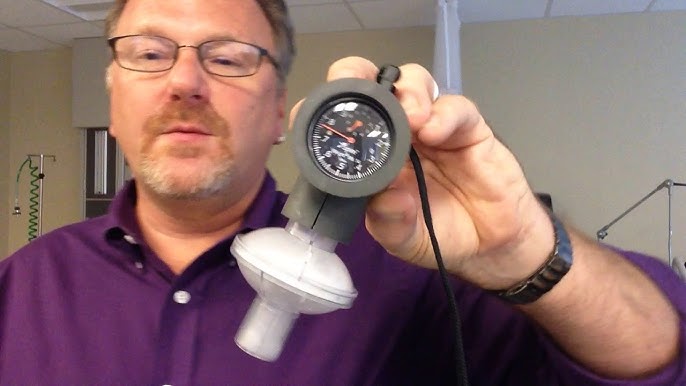Lab to Field – Advancements in Portable Respirometry Technology
Advancements in portable respirometry technology have revolutionized the way researchers study organisms in their natural habitats, bridging the gap between laboratory-based studies and field observations. Traditional respirometry methods confined researchers to controlled laboratory settings, limiting the ecological relevance of their findings. However, portable respirometry devices now offer the flexibility to monitor metabolic rates and respiratory patterns directly in the field, providing a more comprehensive understanding of organismal physiology in real-world environments. One of the key advancements driving the uptake of portable respirometry technology is miniaturization. Modern devices are compact and lightweight, allowing researchers to easily transport them to remote field sites without cumbersome equipment. This portability enables studies on a diverse range of organisms, from small insects to large mammals, in their natural habitats, facilitating investigations into how environmental factors influence metabolic processes. Furthermore, improvements in sensor technology have enhanced the accuracy and reliability of portable respirometry measurements. Advanced sensors can detect minute changes in oxygen consumption or carbon dioxide production, even in dynamic field environments with fluctuating conditions.

These precise measurements enable researchers to unravel complex metabolic responses to environmental stimuli, such as temperature variations, altitude changes, or exposure to pollutants and click site https://www.wtfarley.com/respirometers. Another significant advancement is the integration of wireless connectivity and data logging capabilities into portable respirometry systems. Real-time data transmission allows researchers to remotely monitor metabolic parameters and adjust experimental protocols accordingly, reducing the need for constant physical presence in the field. Additionally, the ability to store large datasets onboard devices facilitates long-term monitoring studies, enabling researchers to track metabolic trends over extended periods and assess seasonal or annual variations. The versatility of portable respirometry technology also extends to its applicability across different research disciplines. Biologists studying animal behavior can use portable respirometers to investigate the energetic costs of activities such as foraging, locomotion, or reproductive behaviors in natural settings. Similarly, ecologists can assess the metabolic demands of organisms in response to environmental stressors, providing valuable insights into how species may respond to climate change or habitat degradation.
Moreover, the accessibility of portable respirometry technology has democratized scientific research by lowering barriers to entry for field-based studies. Researchers with limited resources or working in remote locations can now conduct sophisticated metabolic experiments without access to specialized laboratory facilities. This democratization of technology fosters collaboration and knowledge exchange among scientists worldwide, contributing to a more inclusive and diverse scientific community. In conclusion, advancements in portable respirometry technology have transformed the landscape of physiological ecology by enabling researchers to study organisms in their natural habitats with unprecedented precision and flexibility. Miniaturization, sensor technology, wireless connectivity, and interdisciplinary applications have collectively enhanced the utility and accessibility of portable respirometry devices, facilitating groundbreaking discoveries and expanding our understanding of organismal physiology in the field. As technology continues to evolve, portable respirometry is poised to remain an indispensable tool for studying the intricate relationships between organisms and their environments.
